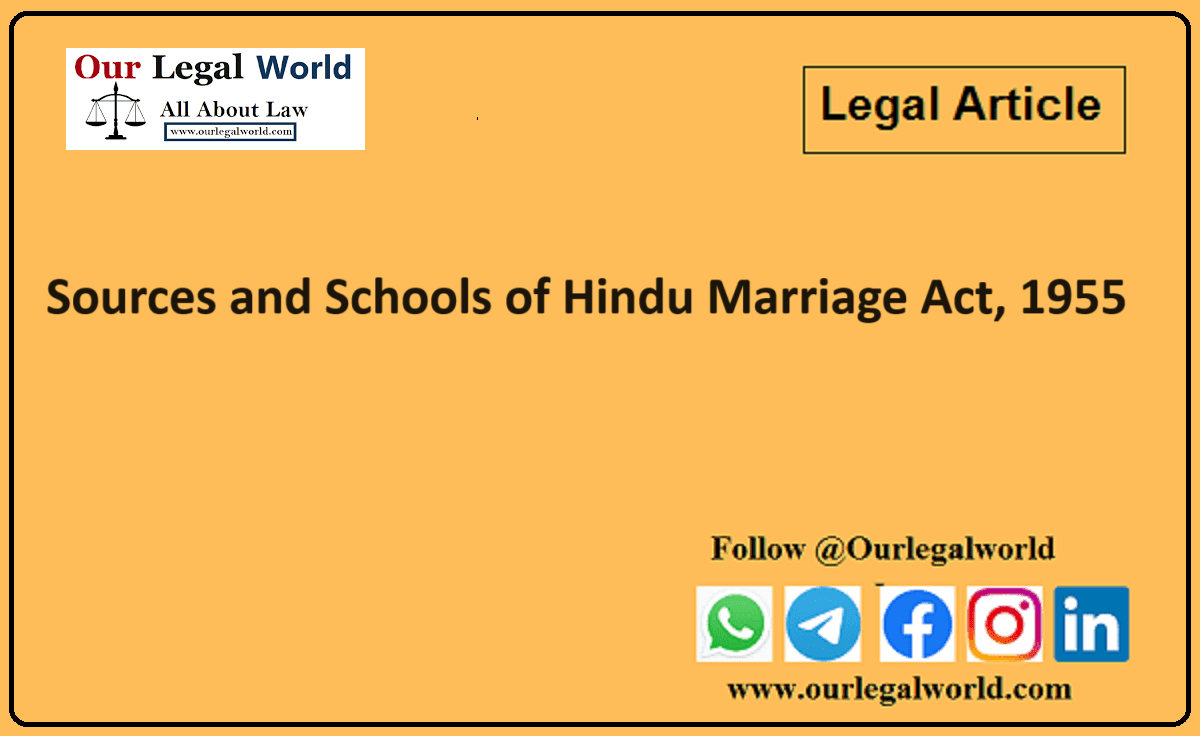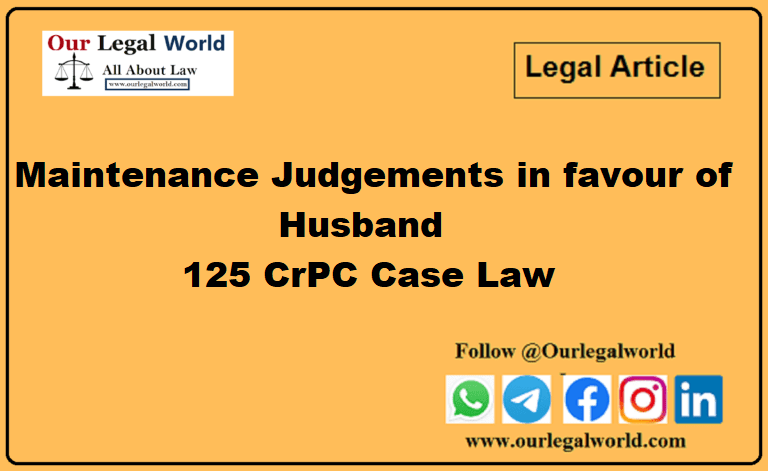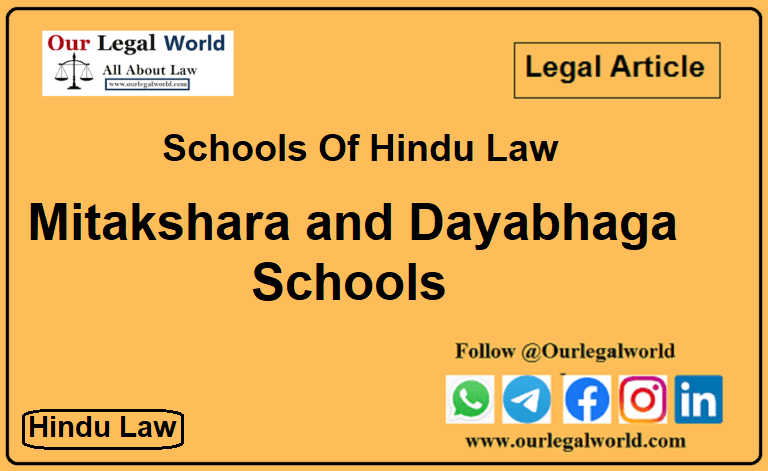Concept of Gift Hiba under Muslim Law
INTRODUCTION
Under Muslim Law, a person can lawfully make a gift of his property to another during his lifetime. He is also allowed to transfer the property (through will) which shall come into existence after his death. A Muslim man can give whole of the property during his lifetime, while only one-third can be given in will. A hiba or simple gift means “the donation of a thing from which the done may derive benefit.”
Definitions
According to Mulla, “Gift is a transfer of property, made immediately, and without any exchange, by one person to other and accepted by or on behalf of the latter.”
While Fyzee says, “Hiba is immediate and unqualified transfer of the corpus of the property without any return.”
The word gift is a wider term as compared to Hiba. Therefore, in India, the term ‘gift’ is equivalent to hiba. The word hiba literally means donation of a thing from which the donee may receive some benefit. The transfer must be immediate and complete. Most important is the declaration stating, “I have given”.
In P.Kunheema Umma v. Aayssa Umma[1], Kerala High Court held the requirements of immovable property under Muslim Law are-
(1) declaration by donor
(2) acceptance by donee
(3) delivery of possession by donor to done
However, there is no consideration and necessity to transfer possession immediately distinguishes gift from sale[2].
Requisites of Gift
The following are the essentials of a valid gift-
- Parties,
- Subject,
- Extent, and
- Formalities of gift.
Parties to Gift
There are two parties of a gift-
- The donor
The person who makes the gift. Most importantly the donor of the gift must have-
- Attained the age of majority as governed by Indian Majority Act, 1875
- Must be of sound mind
- Free from fraudulent nature or undue influence
- Must have ownership over property to be transferred by way of gift.
Besides this, gift by married woman or pardanashin lady is considered valid. But for the burden of proof it is to be proved that it was not by undue influence and the nature of transaction lies on the donee. Such women have been given extra protection in order to prevent their rights and interests. However, the rules of transactions apply equally to illiterate and ignorant woman though not pardanas hin.
APPLICATION SEEKING RELEASE OF JAMATALASHI ARTICLES BEHALF OF APPLICANT, FORMAT
2. The donee
The person who takes something as gift is called donee. It is noted that sex, age, creed or religion are no bar to take the gift. A Muslim is even allowed to make a lawful gift to a non-Muslim (such as Hindu, Christian). However, it is important that donee must be in existence at time of gift.
If the donee is insane, minor or lunatic then the gift must be given to his legal guardian. Giving possession to mother or brother of donee i.e. not the legal guardian will make the gift void. Therefore, the principle follows that gift to minor by any person other than minor must be accompanied with delivery of possession to father[3] or guardian of minor[4].
(a) Unborn person
Gift to an unborn person is considered void[5]. But a gift by father to his minor son is valid[6]. This was seen repeating in Ibrahim Shah Mohammad v. Noor Ahmad Noor Mohammad.[7] Earlier, gift of future usufruct to unborn person was not considered valid. But later this was however not followed.[8]
(b) Mosque
Mosque or any other institution are considered as juristic person. Thus, they are considered to be competent donee.
(c) Fiduciary relationship
When the donee and donor are in fiduciary relationship or the relation is such that one of them is dominating then in case of dispute, the presumption of undue influence arises. Therefore, the gift can be held void.
Subject of Gift
A gift can be anything-
- Over which right of property can be exercised
- Which can be reduced to possession
- Which exists either as specific entry or enforceable right
- Which comes with meaning of
A gift is considered valid if it satisfies following condition-
- It can be designated under the term mal
- Must be in existence at time when the gift is made
- Donor must possess the gift.
Gift of Life Interest
Muslim Law recognizes to differentiate upon corpus (Ayn) and usufruct (Manafi). A corpus means the absolute right of ownership over the property which is heritable and unlimited. By usufruct means the right to use and enjoy the property and is limited. The gift of corpus is called hiba and that of usufruct is called ariya.
Judicial view
In recent case, the Court held that a gift must be corpus. If the donor holds the right to possess property for lifetime and donee is given right of possession after death of donor, the gift is considered invalid.[9] A gift of life interest is valid under Sunni Law and such life interest is not enlarged into absolute estate.[10] The creation of life interest has been held valid among Shias as well. This means that both Shia and Sunni sects consider it to be a valid gift.[11]
Based on different cases, right of repayment of debt; money; right not amounting to full ownership; equity of redemption; life interest; mahr; government securities are considered valid with subject to gift for corporeal and incorporeal properties.
Gift of Services
The delivery of possession to donee is a condition for the validity of the gift. A gift is valid only with seisin. It has been thus held that a Muslim cannot make a gift of services.[12]
Gift of Equity and Redemption
If the mortgagee does not possession over mortgaged property, then gift of equity and redemption can be made. But if, the mortgagee holds possession over mortgaged property then it can be gifted or not.
Gift of Incorporeal Property
Incorporeal property means the legal rights of property. Under Muslim Law, a donor can gift corporeal or incorporeal property which shall be held valid.[13]
Gift of Actionable Claims
Actionable claim can be executed as a gift under Muslim Law. Provided such an instrument vests all the rights and remedies of transfer. After Transfer of Property Act, 1882, the hiba of actionable claim is dealt here. The Muslim Law has now become obsolete with this extent.[14]
Gift of Property held adversely to the donor
The gift of property held adversely cannot be made without obtaining possession and delivering it to donee or by doing everything in donor’s hand to enable donee to take possession.
Gift of Right for Redemption
The Bombay High Court has held such a gift void. It states that delivery of possession is essential condition for validity of gift.[15]
Whereas the Calcutta and Madras High Court held such gift to be valid. It reflects that it is of no matter if the property is in possession of mortgagee.[16]
Extent of dono’s right to gift- General rules
The general rule is that donor’s power to gift is property is unrestricted. Besides the property, he can also give portion he likes irrespective of fact that the heirs have right to inherit such property.[17] It was recognized by the Judicial Committee of Privy Council.[18]
However, it is restricted (exception) in two ways-
- i) more than one-third property cannot be gifted
- ii) it cannot be in favor of any heir
Formalities and modes of Gift
Out of all conditions mentioned it is necessary that the essentials of hiba as in Muslim Law must be satisfied. Mere presence of parties is not enough. There are certain formalities necessary for the real test of valid gift.
The three conditions are discussed hereby-
a) A declaration by donor
The intention of donor must be clear and voluntary. If the gift is done with malafide intention the gift can be declared void. If the gift is made under undue influence, coercion, fraud or misrepresentation then the gift is not valid.
A statement to gift can be made unilaterally without making a public statement of the gift.[19] The Supreme Court in Mahboob Sahab v. Syed Ismail, held that it is necessary by donor to make declaration.[20] It may be ignored that it may not be given in writing.
b) Acceptance by donee
The acceptance must be made by donee. It can be either actual or constructive. However, Allahabad High Court held that if father or guardian donates the gift to minor son then acceptance is not necessary.[21] If the father of minor is alive then the mother cannot be made the legal guardian of minor son.[22]
c) Delivery of possession by donor and taking of possession by donee
Defamation under Law of Torts:- Our Legal World
The delivery of possession by donor is also equally essential. The real test of delivery of possession is to check, whether the donor or donee reaps benefit. In former case, the possession is not transferred. In latter case, it is transferred and is complete as donee is permitted to receive benefit.[23]
d) Different subject delivery how affected of movable property
The delivery of gift is necessary. It automatically implies transfer of possession physically. In case of money, mere entry in books of accounts is not enough. The money must be transferred to donee.
In order to complete the gift of immovable property, it is necessary that
- Donor must physically depart from premises
- Donee formally enters possession.[24]
If donor receives rent during lifetime and pays taxes then if delivery of possession has been given, it will not constitute sufficient delivery.[25]
References
- [1] AIR 1981 Kerala 176
- [2] Kathessa Umma v. Narayanath Kunbama, AIR 1964 SC 274
- [3] Sunnah Meah v. Pillai, AIR 1933 Rang 155
- [4] Jhumman v. Husssain, AIR 1931 Oudh7
- [5] Tyabji, Muslim Law p. 325
- [6] Katness Umma v. Narayanath Kanhamu, AIR 1964 SC 275
- [7] AIR 1984 Guj. 126
- [8] Ghulam Hsein v. Fakir Mohammad, AIR 1947 Bom185
- [9] Beepathmma v. Mohd. Nakoor, AIR 1977 Ker. 54
- [10] Amjad Khan v. Ashraf Khan, AIR 1929 PC 149
- [11] Nawazish Ali Khan, (1948) 75 Ind. Appeals 62
- [12] Rahim Baksh v. Muhammad Hasen (1883). 11 All 1, 5
- [13] Mirza Abid v. Munno Bibi, AIR 1927 Oudh 261
- [14] H.H. Iqbal Mod Khan v. Collector of Estate Duty Ahmedabad, AIR 1964 Gul. 452
- [15] Ismail v. Ramji, 23 Bom. 628
- [16] Tara Prasanna v. Jamila Khatoon, 1951 Pat. 315.
- [17] Saheebun v. Sheikh Khuds Baksh, (1835) 6 SDR (Cal) 44.
- [18] Ranee Khajooorun-nissa v. Mst. Roushan Jehan, (1876) 31 A. 291, 2 Cal. 184
- [19] Ratan Lal Bora v. Mohd. Nabiuddin, AIR 1984 AP 344
- [20] AIR 1995 SC 1205
- [21] Kumar-un-Nissa v. Hussaini Bibi, (1880) 3 Alld. 226.
- [22] Gulam Hussain v. Abdul Rashid, (2000) 8 SCC 50
- [23] Ebrahim Alibhai v. Bai Asi, 1934 Bom 219.
- [24] 9 Lah 66.
- [25] AIR 1950 Mad 761








